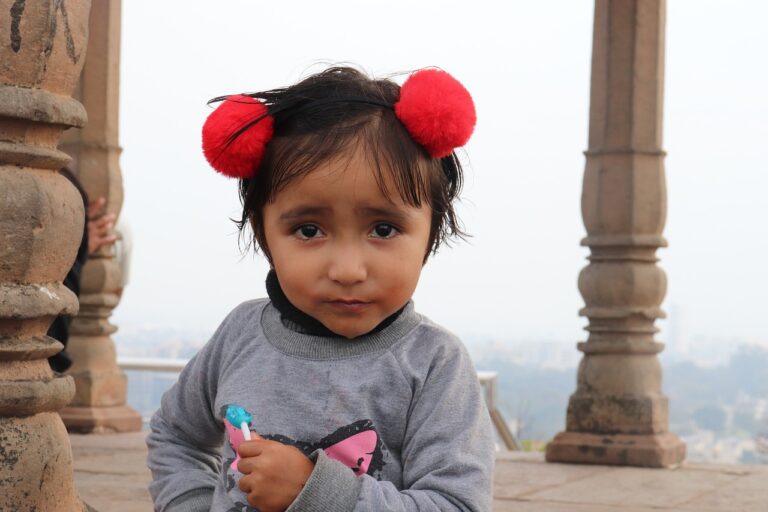Election Campaign Spending: Trends and Regulations
Campaign spending has become a crucial aspect of modern elections, with candidates and political parties allocating significant resources to fund their campaigns. In recent years, there has been a notable uptick in the amount of money spent on political campaigns, with millions – and sometimes even billions – of dollars being poured into advertising, rallies, and other promotional activities in an effort to sway voters. This surge in campaign spending has raised concerns about the influence of money in politics and its potential impact on the electoral process.
The exponential growth in election campaign spending can be attributed to various factors, including the rise of digital advertising, the increasing cost of media placement, and the expanding reach of social media platforms. Candidates and political parties are now able to reach a wider audience through targeted online ads and social media campaigns, but this increased visibility comes at a steep price. As a result, election campaign spending has become a significant portion of overall campaign budgets, with candidates often devoting a large portion of their resources to fund their advertising and promotional efforts.
Evolution of Campaign Finance Laws
In the United States, the evolution of campaign finance laws has been a long and complex journey. From the early days of traditional fundraising methods to the modern era of super PACs and dark money, the regulation of money in politics has seen significant changes over the years. The Federal Election Campaign Act (FECA) of 1971 marked a turning point by establishing disclosure requirements and contribution limits, aiming to promote transparency and reduce the influence of wealthy donors in elections.
Following subsequent amendments and court decisions like Buckley v. Valeo in 1976 and McConnell v. FEC in 2003, the regulatory landscape continued to shift. The Bipartisan Campaign Reform Act of 2002, also known as the McCain-Feingold Act, brought important changes such as restrictions on soft money contributions to political parties and issue advocacy. However, the introduction of new avenues for fundraising and spending, coupled with legal challenges, has led to a constant balancing act between promoting free speech and preventing corruption or the appearance of corruption in the political process.
Impact of Citizens United Supreme Court Decision
The Citizens United Supreme Court decision, handed down in 2010, has had a significant impact on the landscape of campaign finance in the United States. This controversial ruling allowed corporations and unions to spend unlimited amounts of money on advertisements and other forms of political communication to support or oppose candidates.
As a result of this decision, political campaigns have seen a surge in spending by outside groups known as super PACs. These organizations can accept unlimited contributions from corporations, unions, and individuals, leading to a rise in so-called “dark money” flowing into elections. This influx of money has raised concerns about the influence of special interests in politics and the potential for wealthy donors to have undue influence on the electoral process.
• The Citizens United decision has led to a surge in spending by super PACs
• Super PACs can accept unlimited contributions from corporations, unions, and individuals
• Concerns have been raised about the influence of special interests in politics
• There is potential for wealthy donors to have undue influence on the electoral process
What is the Citizens United Supreme Court decision?
The Citizens United Supreme Court decision was a landmark ruling in 2010 that allowed corporations and unions to spend unlimited amounts of money on election campaigns, leading to the rise of Super PACs.
How has election campaign spending evolved over the years?
Election campaign spending has significantly increased over the years, with candidates and political parties raising and spending billions of dollars on advertising, events, and other campaign activities.
What were the campaign finance laws like before the Citizens United decision?
Before the Citizens United decision, there were limits on how much money corporations and unions could contribute to political campaigns. The decision effectively removed those limits, allowing for unlimited spending by these entities.
What impact has the Citizens United decision had on election campaigns?
The Citizens United decision has led to a surge in political spending, with Super PACs and other independent groups playing a major role in funding election campaigns. Critics argue that this has allowed wealthy donors and corporations to have undue influence on the political process.
How has the Citizens United decision affected transparency in election spending?
The Citizens United decision has made it more difficult to track and regulate election spending, as Super PACs and other independent groups are not required to disclose their donors. This lack of transparency has raised concerns about the influence of dark money in politics.







